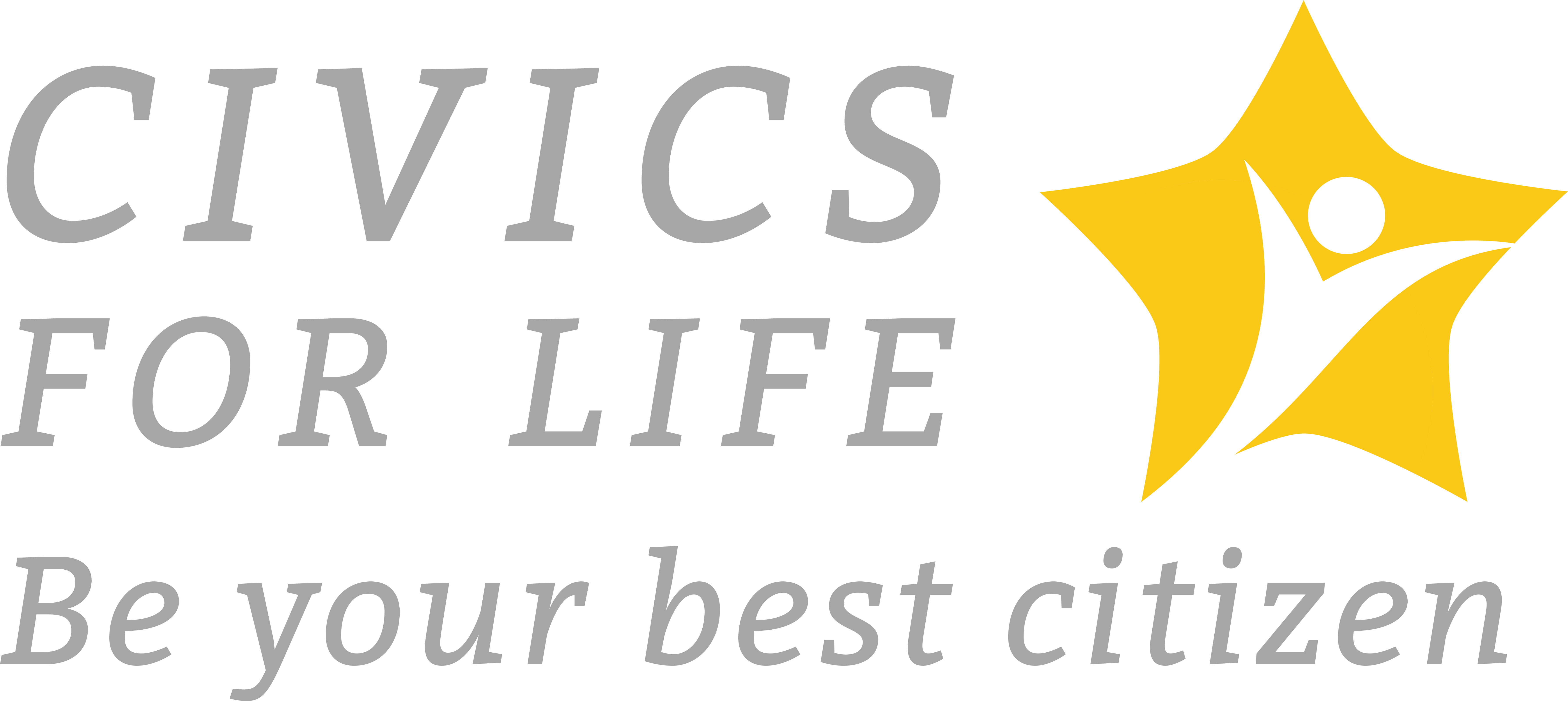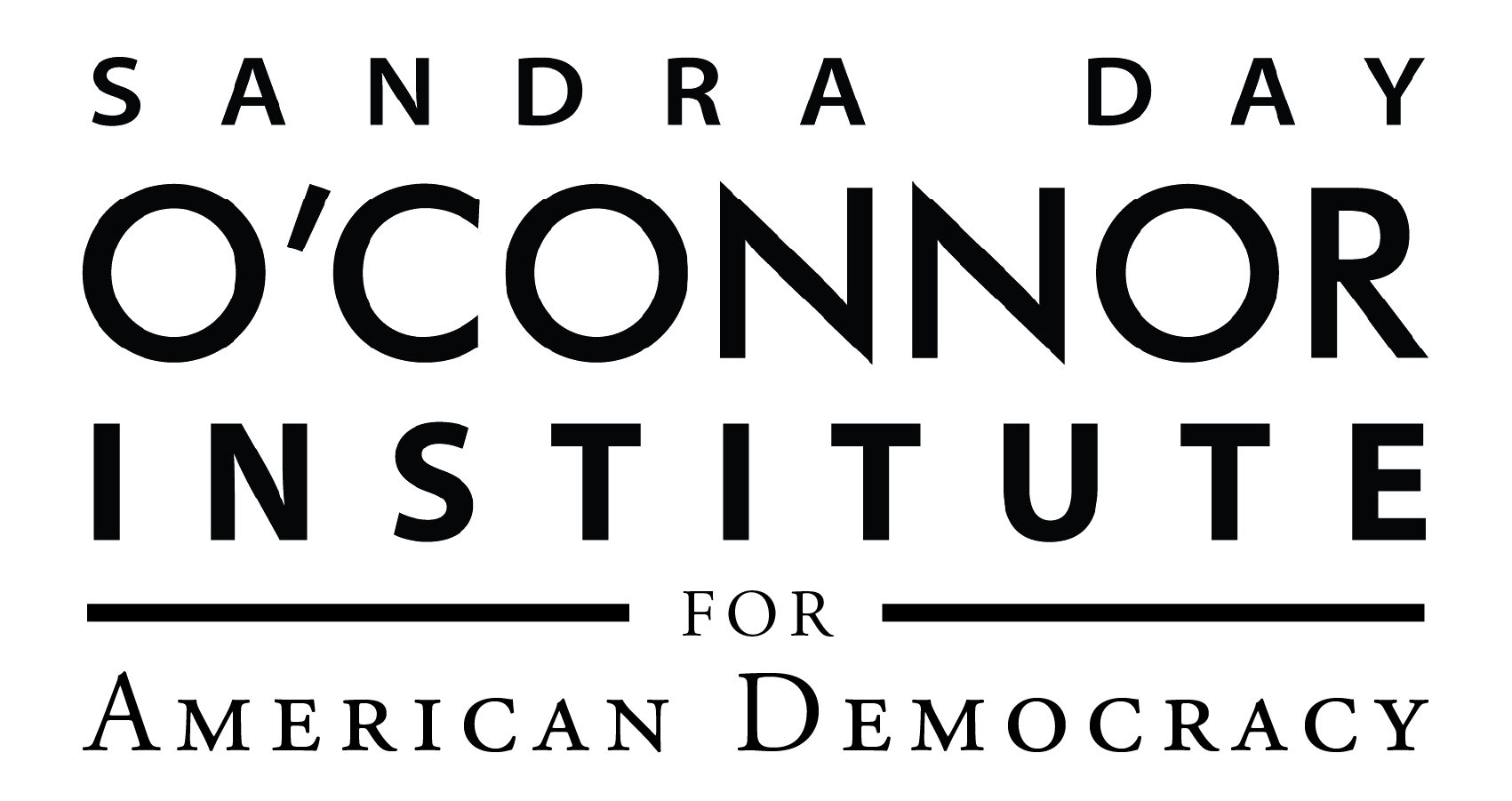Posts Tagged ‘The Executive Branch’
Voting Rights Act of 1965
In a landmark piece of American legislation, the Voting Rights Act of 1965 was passed to prohibit racial discrimination in voting, guaranteeing equal access to the ballot for all citizens. Enacted during the height of the civil rights movement, President Lyndon B. Johnson signed the bill into law on August 6, 1965. The Act enforces…
Read MoreTruman’s Executive Order 9981
Executive Order 9981, a groundbreaking rule aimed at eradicating racial discrimination and segregation in the U.S. Armed Forces, was issued by President Truman on July 26, 1948. During World War II, minorities, especially African Americans, served in segregated military forces. Despite their contributions to the war effort, they were subjected to prejudice and received unfair…
Read MoreGeorge Washington and the Residence Act of 1790
The Residence Act of 1790 was a significant piece of legislation signed into law by President George Washington on July 16, 1790. It established the permanent seat of the United States government and laid the groundwork for creating the District of Columbia. During the early years of the United States, the location of the national…
Read MoreWhat is the difference between the CIA and FBI?
The Central Intelligence Agency (CIA) and the Federal Bureau of Investigation (FBI) are both intelligence and law enforcement agencies of the United States government, but they have different mandates, responsibilities, and areas of focus. What is the FBI? The Federal Bureau of Investigation (FBI) is the primary intelligence and law enforcement agency of the United…
Read MoreExecutive Branch Overview
Article II of the US Constitution establishes the executive branch led by the president of the United States. The executive branch comprises the vice president, cabinet, and other executive departments. Its job is to oversee and maintain government functions while carrying out laws passed by Congress. The president is elected to a four-year term. The…
Read MorePresident’s Cabinet
The president’s cabinet is a group of high-level officials appointed by the president of the United States to advise and assist them in making important decisions. The cabinet comprises the heads of various federal departments, such as the Department of State, Department of Defense, and Department of Treasury, as well as other top-level officials, such…
Read MoreExecutive Departments in the Federal Government
These department heads, along with the white house chief of staff and other top advisors, form the president’s cabinet, which serves as the principal advisory body to the president. The Department of State The Department of State is the principal foreign affairs agency of the United States federal government. Its mission is to advance U.S.…
Read MoreThe State Executive Branch
A governor is the head of the executive branch of a state government in the United States. The powers of a governor vary depending on the state but generally include the authority to: It should be noted that the power of governors differs from state to state, some may have more powers than others depending…
Read MoreWhat does a Governor do?
A governor is the highest-ranking executive official in a state government and is responsible for overseeing the administration of the state and carrying out the policies of the state legislature. Some of the key responsibilities of a governor include: These are some of the most common responsibilities of a governor, but the exact role and…
Read More
